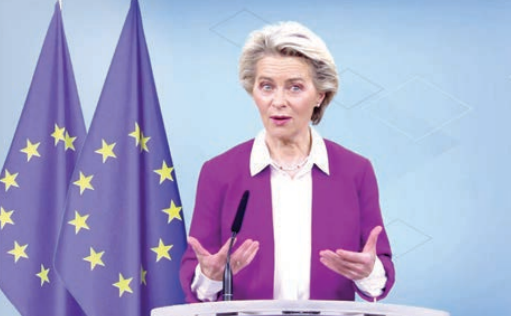The European Union has granted Kenya over Sh11.4 billion to support priority areas of green transition on environmental sustainability and digital inclusion, good governance as well as peace and stability.
In a deal signed by Deputy President Rigathi Gachagua and European Commission President Ursula von der Leyen in Brussels, Belgium on Wednesday, the funds will go towards boosting programmes in the identified key sectors of the economy.
The Deputy President, who is representing President William Ruto at the Global Gateway Summit hosted by the EU in Brussels, welcomed the collaboration between Kenya and the EU saying the grant will help develop the country and improve the lives of the people.
Pivotal stride
“Kenya welcomes this statement of signature which will be realised through the outlined priorities for the Multi-Annual Indicative Programme 2021-2027. This collaboration marks a pivotal stride towards a brighter future for the Kenyan people. As we implement the Global Gateway, we are confident that sustainable development, security and prosperity will rightfully take centre stage in our development cooperation narrative going forward,” he said of the deal signed on the sidelines of the Global Gateway Forum 2023.
Gachagua said Kenya looked forward to continued partnership with the EU. The Ruto administration was keen on strengthening existing ties with the EU, he added.
“I reaffirm our collective dedication to this partnership. Together, we strive towards a future where the bonds between Kenya and the European Union continue to flourish, bringing about positive change and shared prosperity,” the DP added.






